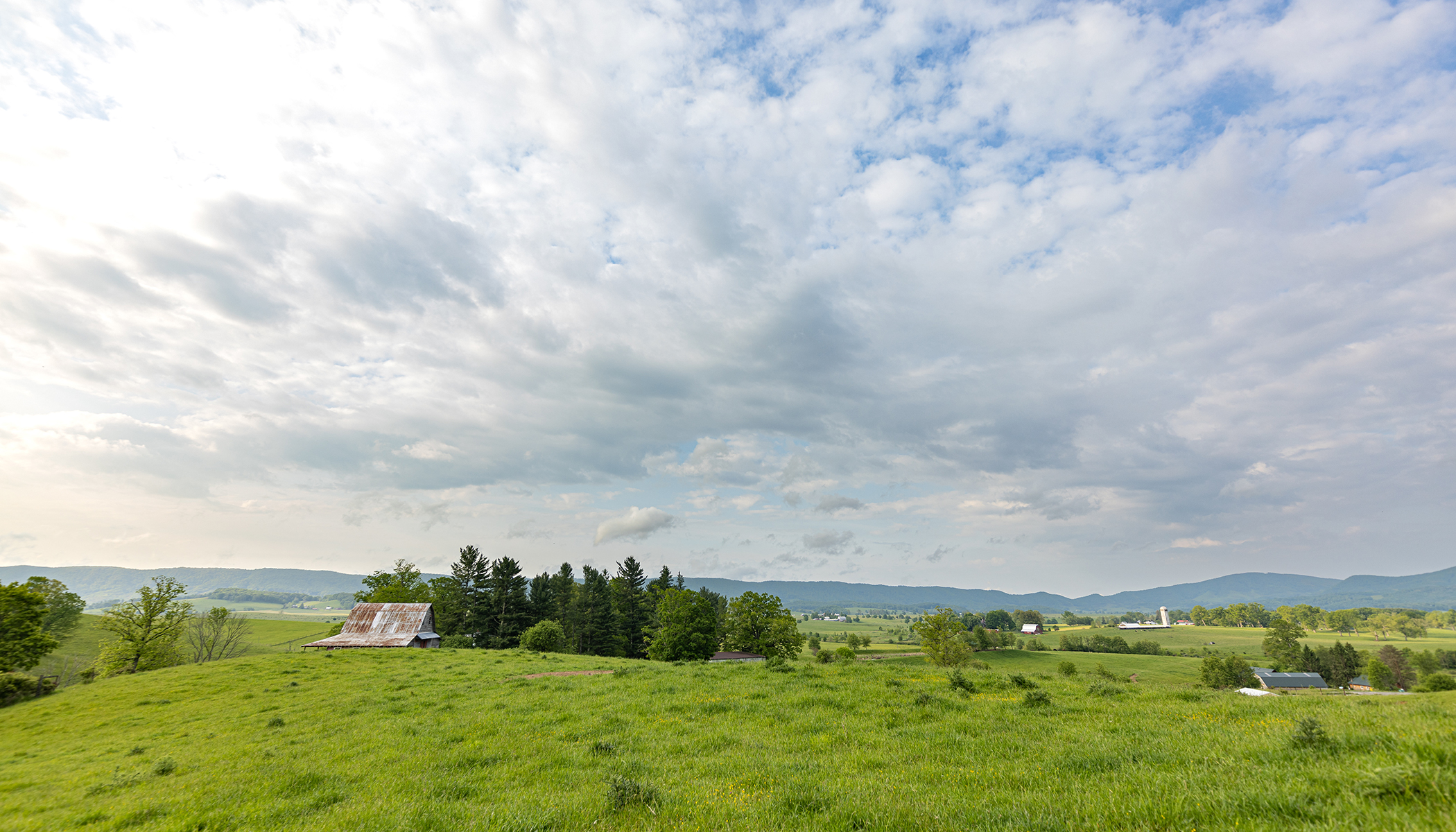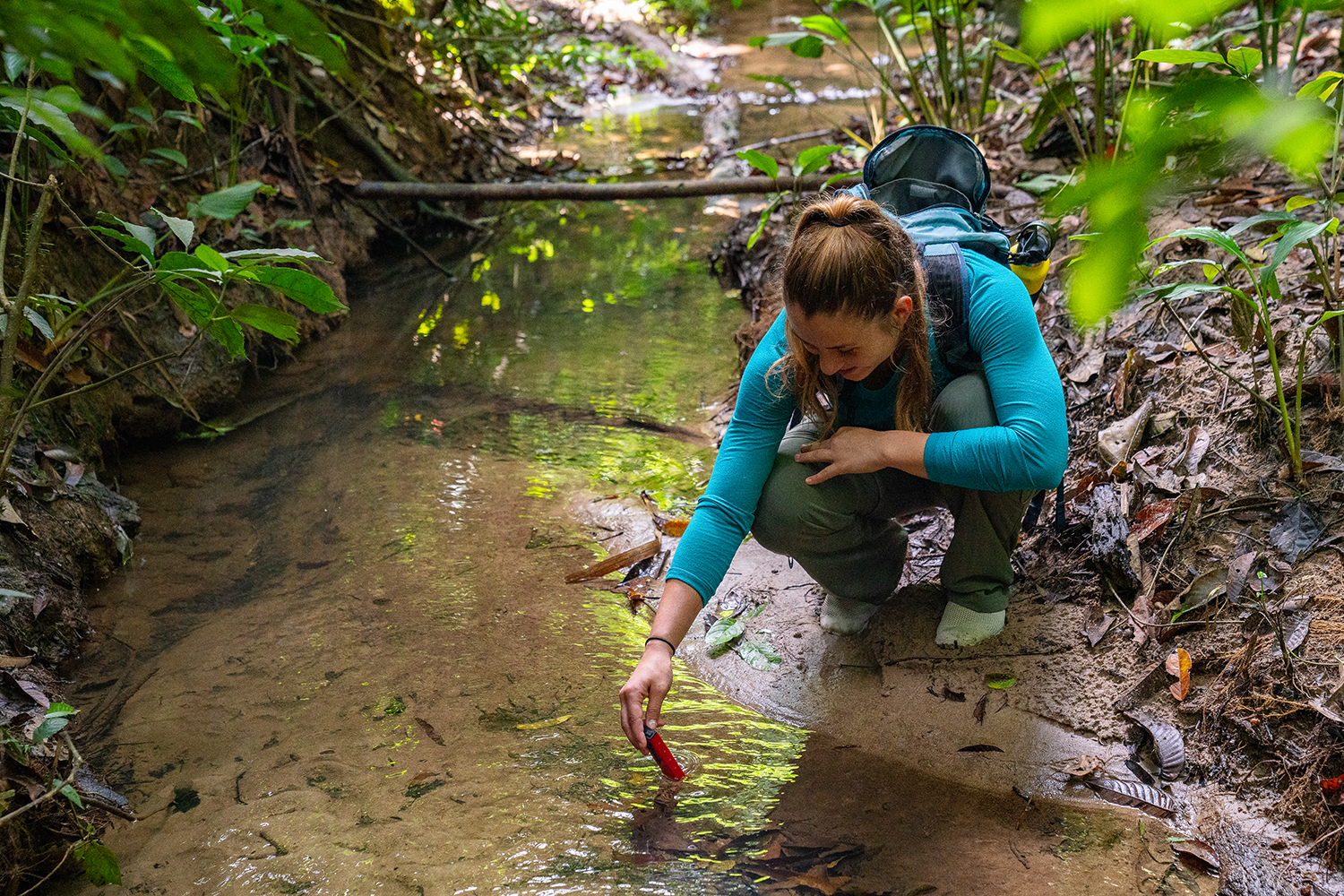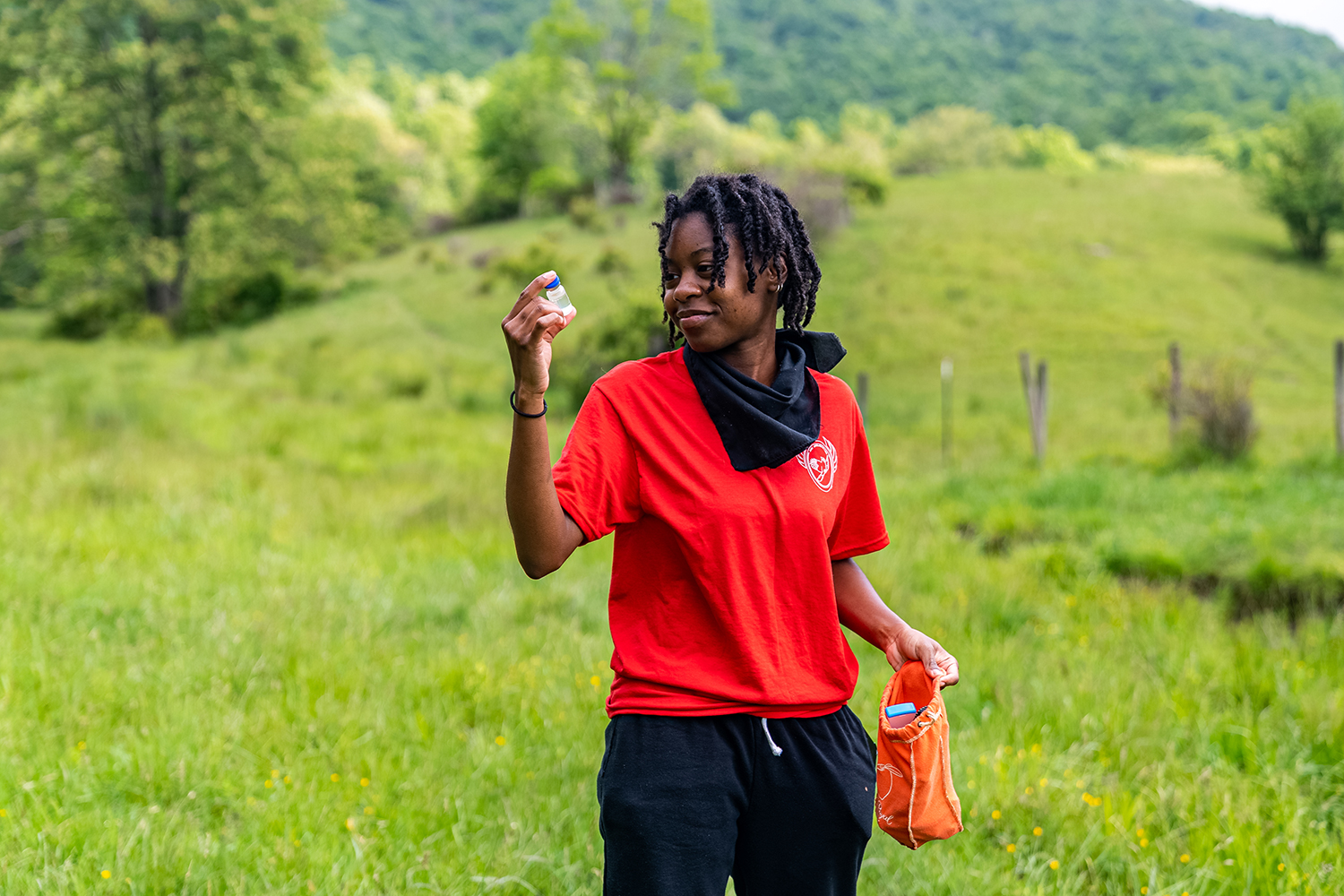Radford University
RARE
Choose Your Adventure
Whether it's in the Amazon Rainforst or the Appalachian Mountains of Virginia, through RARE, Radford University undergraduate researchers connect with nature, learn from local communities, conduct personally-designed projects and contribute to scientific knowledge.


